Introduction
At some point in history, oppressed groups have sought equality: slaves, women, ethnic and religious minorities who have had legislation passed to keep them as second class citizens have all eventually stood up to the unfair laws that kept them down and won deserved respect and equality. Here is a list of ten of the most prominent civil rights leaders covering a range of movements and causes.
1. Martin Luther King Jr.
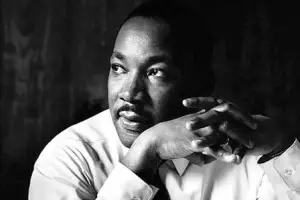
The most famous American Civil Rights leader, he advocated non-violent methods to remove restrictions against blacks in the USA. He was a Baptist Pastor and an advocate for civil rights from a very early age. In the early 1960s he organised peaceful protests in Alabama and Georgia and in 1963, the march on Washington in which he delivered his ‘I have a dream’ speech. His work was so noted all over the globe that he was given a Nobel Prize for peace in 1964. He was shot and killed in 1968
2. Jeremy Bentham
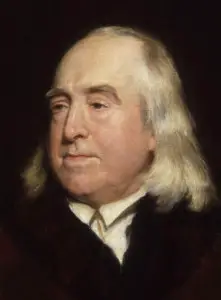
The first person who may conceivably be called a ‘civil rights leader’, he was far ahead of his time in the 18th-19th century when he advocated for a number of social reforms in Britain including but not limited to: social welfare, secularism, freedom of speech, women’s rights, right to divorce and the decriminalisation of homosexuality. He also called for the abolition of slavery and capital punishment before it became a movement under William Wilberforce. Today, Bentham is considered the founder of the utilitarianism movement
3. Emmeline Pankhurst
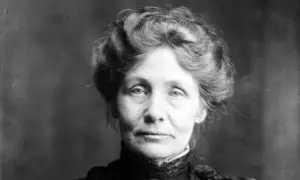
In the 1850s and then again in the 1880s, the British government extended voting rights to all males and women with property. For most, these reforms did not go far enough and it led to the Suffrage Movement to allow women to vote. Pankhurst is the figurehead of universal suffrage who advocated militant and anarchic actions in order to obtain votes for women. The movement, coupled with women filling the major jobs during WWI, led to the laws being changed again to equal voting opportunities for women.
4. Peter Tatchell
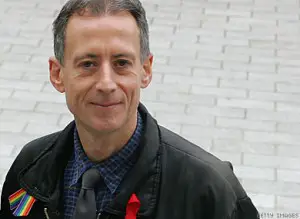
He rose to political prominence in the 1980s as a Labour Party candidate in Britain but had already made a career in the GLBT scene of the 1970s by joining the Gay Liberation Front. He is famed for coining the phrase ‘sexual apartheid’ to refer to the criminalisation of homosexual acts. Following the murder of Michael Boothe in 1990, Tatchell was one of the first individuals involved in the non-violent rights group OutRage! And in his gay rights action has campaigned for gay marriage, reduction of the age of consent and raising awareness of hate crimes in Zimbabwe
5. Rosa Parks
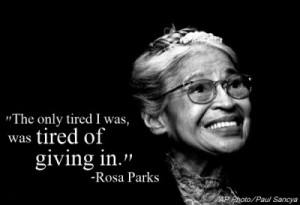
She was not the first person who refused to move to the back of a bus (where blacks were then supposed to sit) to make way for a white passenger but she is the most famous. Already a civil rights activist, her protest led to a bus boycott by the entire black community that forced the bus company to change their policy. It also led to the slow erosion of segregation in the USA. Today, her birthday and day of arrest are both celebrated as Rosa Parks Day
6. Malala Yousafzai
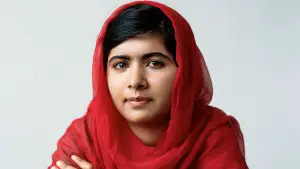
Malala was an anonymous blogger for the BBC writing about her experiences in Pakistan and education when a gunman stopped a bus, asked for her by name, and shot her. She survived the attack and this strengthened her resolve to campaign for educational rights for young girls in conservative Islamic regions and countries. The Taliban had banned education for girls in the area where she lived, leading to the attack on her. Malala has since released a biography of her life and continues to campaign for education rights
7. Ayaan Hirsi Ali
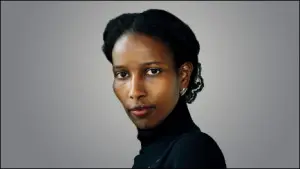
Considered one of the bravest women in the world today, Ali renounced her Islamic faith and became a prominent atheist speaker and thinker in Europe (she is now a Dutch citizen and for a time served as a politician but is now a US citizen). She wrote the screenplay for Theo Van Gogh’s film Submission and has been a loud voice in the campaign against female genital mutilation and rights for women in Islamic countries and recently, campaigns against faith schooling in the western world
8. Austin Currie
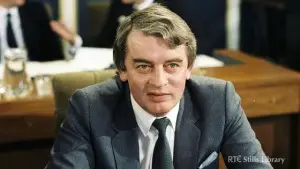
Amidst all the ongoing troubles and violence of Northern Ireland, it is important to remember there has been a civil rights struggle in the divide between Catholic and Protestant. Currie was born a Catholic and following the allocation of a single Protestant woman into social housing, bypassing many Catholic families with children waiting for homes, Currie began a squat that raised awareness of discrimination against Catholics. He was one of the founders of the political party known as the SDLP
9. Nelson Mandela
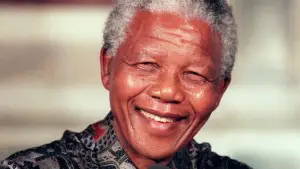
Apartheid was the legal separation of blacks from white in the Republic of South Africa and enforced by government legislation to maintain Afrikaaner minority rule. It led to global trade embargos from other countries and eventually, violent unrest within the country. Mandela was the figurehead behind which apartheid would eventually come to an end. Released from prison in the 1980s and advocating peaceful methods, Mandela was the front of a tidal wave that could not be stopped. He became the country’s first black present and won praise for his peaceful methods. He died in 2013
10. Harvey Milk
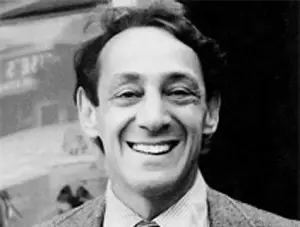
The first openly gay American politician, he was not particularly interested in activism until middle age when the counter culture of the 1960s began to take shape. He moved from New York to San Francisco and tried to get elected several times before finally moving into office in 1977. He was killed less than a year later ‘ along with a colleague – by a man they replaced in the job. During his short political career, he campaigned and successfully overturned a proposition that would prevent homosexuals from becoming teachers
Conclusion
In this enlightened 21st century world, we would hope that civil rights movements shouldn’t be required but sadly, they are. All around the world, oppressive groups seek to remove equality for certain groups based on religious belief, colour, nationality, gender and sexuality.










Leave a Reply